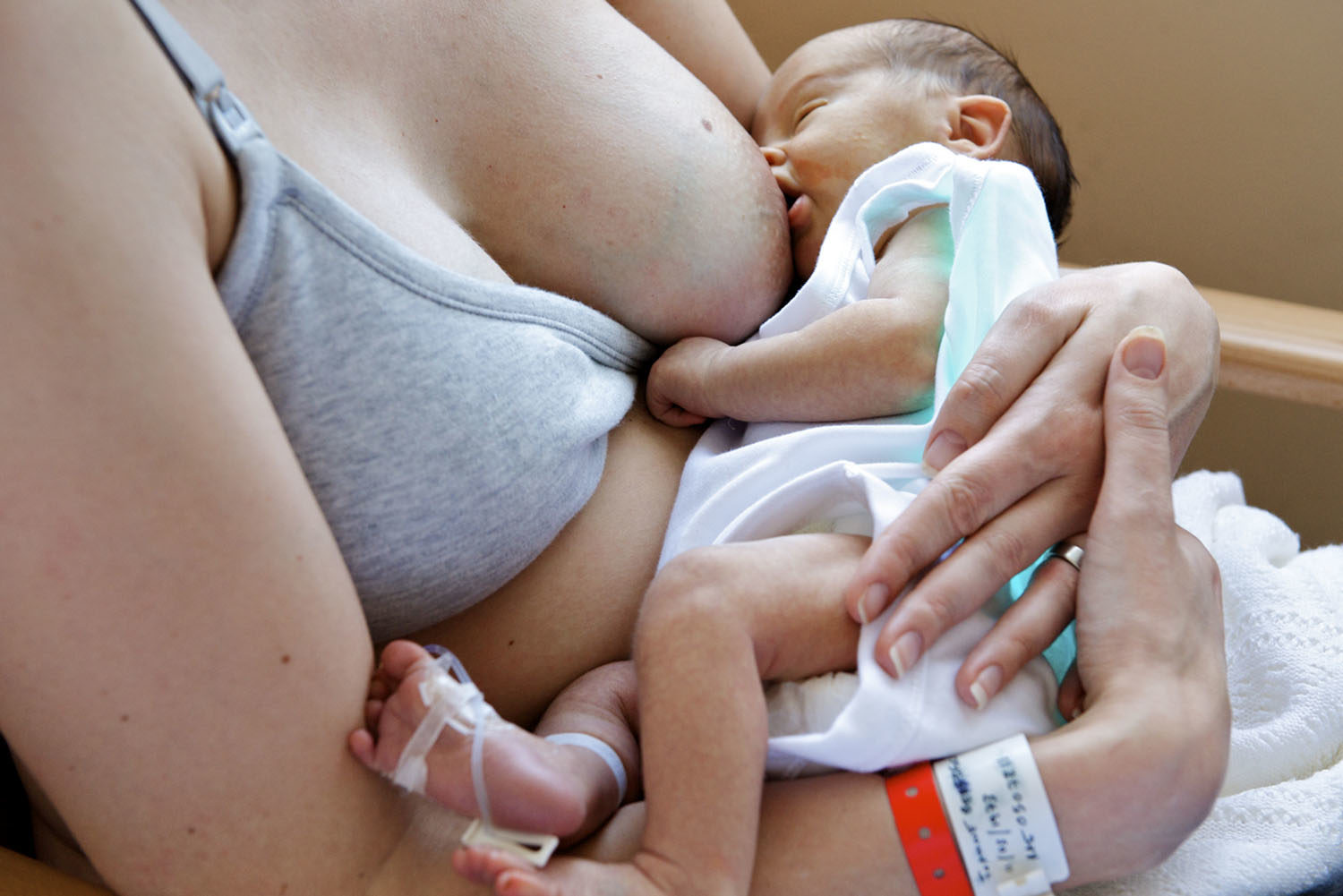
Breastfeeding a matter of human rights, say UN experts, urging action on formula milk
With only one third of the world’s infants being exclusively breastfed for 6 months, and static breastfeeding rates, the UN is calling on States to do more to support and protect breastfeeding, and end inappropriate marketing of breastmilk substitutes.
In addition, UN experts have highlighted practical steps to promote, support and protect breastfeeding, such as paid maternity leave, safe workplace spaces for feeding or expressing and storing milk, better training for health workers, and ensuring women have accurate information so they can make informed choices about optimal feeding practices. They also call for access to good quality breast milk substitutes to be better regulated, and affordable.
The UN highlights that:
“Children have the right to life, survival and development and to the highest attainable standard of health, of which breastfeeding must be considered an integral component.
Women have the right to accurate, unbiased information in order to make an informed choice about breastfeeding … and they have the right to … appropriate conditions in public spaces for breastfeeding which are crucial to ensure successful breastfeeding.
Lack of corporate accountability for the adverse consequences of breastmilk marketing practices … compete with breastfeeding and continue to undermine efforts to improve early and exclusive breastfeeding rates and act as barrier for women to exercise their rights (sic).
States should work towards introducing and scaling up simple, safe and cost-effective interventions, including the creation of an enabling environment to protect, promote and support breastfeeding practices.
States should adopt comprehensive and enforceable normative measures to protect babies and mothers from harmful practices, and fully align with the recommendations contained in the International Code of Marketing of Breastmilk Substitutes and new WHO Guidance. Adopting such measures must be recognized as part of States’ core obligations under the Convention on the Rights of the Child and other relevant UN human rights instruments to respect, protect and fulfil children’s right to life, survival and development; their right to safe and nutritious foods, and their right to the enjoyment of the highest attainable standard of health; and to ensure that women’s rights are protected from harmful interference by non-State actors, in particular the business sector.
Read the press release: Breastfeeding a matter of human rights, say UN experts, urging action on formula milk
Find out more about the International Code of Marketing of Breastmilk Substitutes and how it seeks to protect both breast and bottle fed babies from harmful commercial interests. Add your voice to our campaign urging UK governments to take steps to support breastfeeding, including adopting the Code in full.


